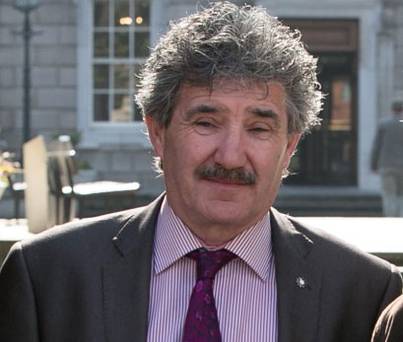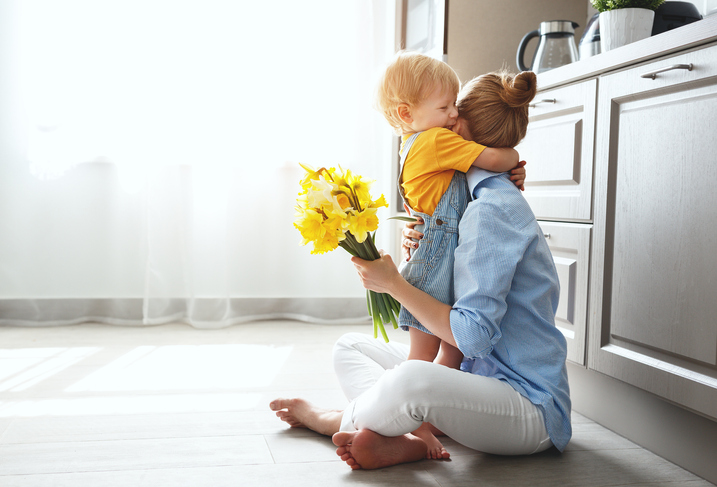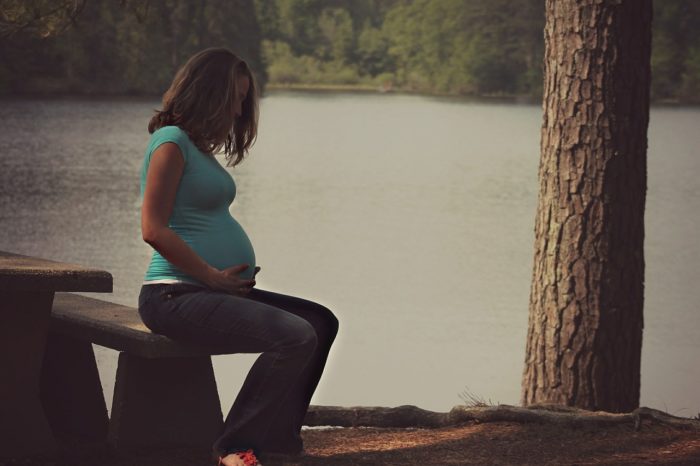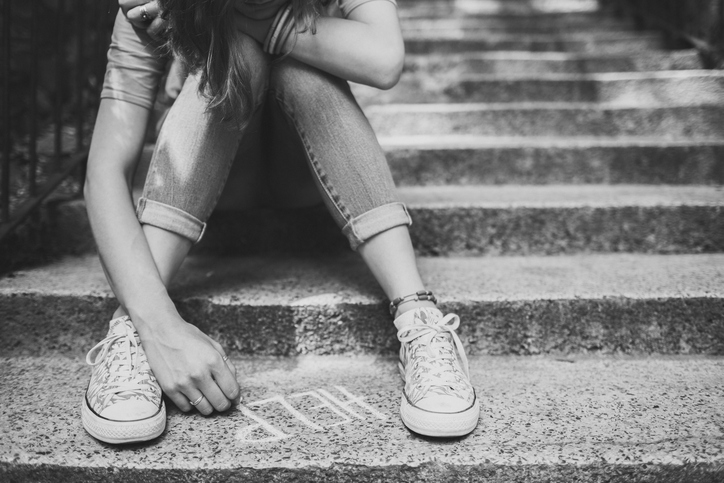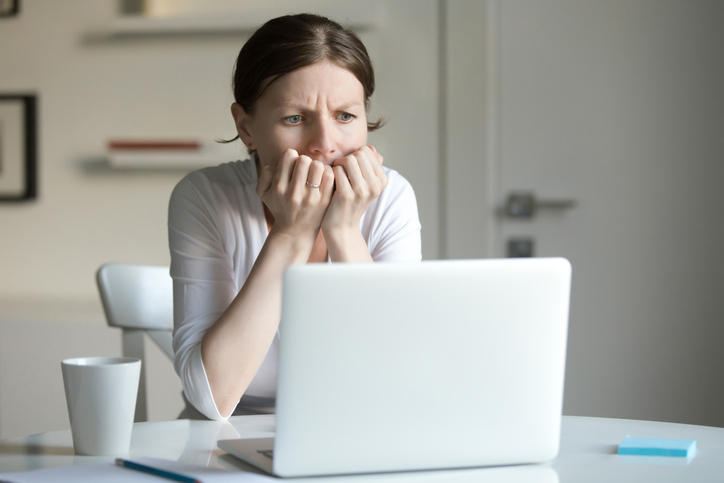Atheist parents are taking their children’s primary school to the High Court in the UK, claiming that biblical re-enactments and praying in assembly are a breach of their human rights.
Lee Harris and his wife Lizanne have won permission to bring a judicial review against Oxford Diocesan Schools Trust (ODST) arguing that the school’s practices interferes with their children’s right to receive an education “free from religious interference”.
ODST is a multi-academy trust that runs 33 schools, all of which are Church of England bar four, including Burford Primary, which are designated as non-religious “community schools”.
All church and community schools are required, by law, to provide a “daily act of collective worship”. Burford Primary holds a daily assembly for children which features “exclusively Christian prayer”, Mr and Mrs Harris say.
They add that once a week there is a longer assembly which involves an external Christian group “dressing as biblical characters” and acting out Christian stories including the crucifixion.
When they asked to withdraw their children, aged eight and ten, from the longer assembly, they were “left to play with an iPad” while a teaching assistant watched over them, according to the parents.
By failing to provide an alternative that is of “equal educational worth”, they claim the school has breached its public sector equality duty to have “due regard” to people’s beliefs and has also breached the children’s human right by denying them education.
The school also holds various functions in a Church, including a harvest event and the Year Six leavers event, where every pupil is given a bible.
Mr and Mrs Harris say that they do not want their children to attend these events, which leaves them “deprived of the benefit of what should be important elements of school and community life”. This amounts to another breach of equalities laws since their children are effectively being discriminated against, they argue.
Andrew Copson, chief executive of Humanists UK, said that requiring children to participate in religious worship and then “marginalising them if in good conscience they cannot”, ignores their right to freedom of religion or belief.

